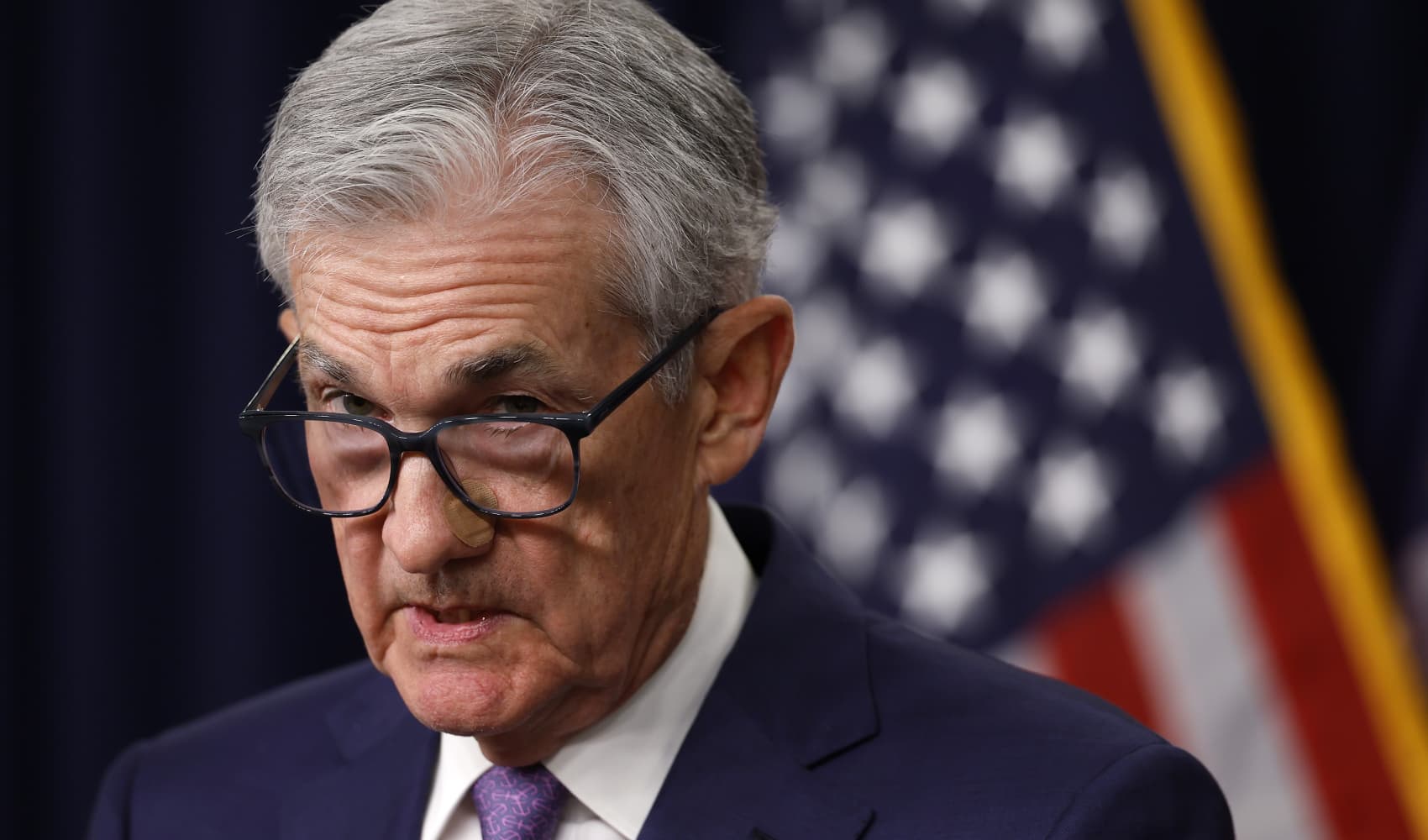
- Germany’s car industry was once recognized around the world for its high-quality, innovative internal combustion engine cars. But things have changed since then.
- The industry is facing a range of issues, from regulation to macroeconomics, China and EVs.
- Issues in the automotive sector may also have spill over effects onto the wider German economy, which has been struggling for some time now.
Germany's car industry was once recognized around the world for its high-quality, innovative internal combustion engine cars. Owning a German car was a luxury and status symbol. And carmakers were thriving, boosting the country's economy.
But the picture has since become bleaker.
The latest example is the developments at Volkswagen — which earlier this week said it was no longer able to rule out plant closures in its native Germany and felt it may need to end its employment protection agreement that has been in place in the country since 1994.
"For German carmakers that were the unchallenged technological market leaders in the sector for close to 140 years and barely had to worry about sales or competition, this is an unfamiliar situation," Andreas Ries, global head of automotive at KPMG, told CNBC in translated comments.
Now, the industry is undergoing its biggest transformation yet, he added.
How are German automakers faring?
Money Report
Sentiment in the automotive industry has been choppy in recent years, historical data from the Ifo Institute shows. In August, sentiment pulled back once more to negative 24.7 points, according to data released Wednesday. Business expectations for the coming six months were "extremely pessimistic," Ifo said.
Volkswagen is not alone in its struggles.
Get a weekly recap of the latest San Francisco Bay Area housing news. Sign up for NBC Bay Area’s Housing Deconstructed newsletter.
In the latest set of earnings releases, the Mercedes car division cut its annual profit margin forecast, while BMW said its automotive segment profit margin in the second quarter was lower than expected. Porsche cut its 2024 outlook, albeit attributing that to a shortage of special aluminum alloys.
Issues in the automotive sector may also have spillover effects into the wider German economy, which has been teetering around — and in — recession territory throughout this and last year. In the second quarter of 2024, Germany's gross domestic product was down 0.1% compared with the previous quarter.
"The statement 'When the German automotive sector has a cough, Germany has the flu' … describes the current situation well," KPMG's Ries said.
The auto industry doesn't just include the big players, but thousands of medium, small and tiny businesses across Germany, he said, identifying it is one of the most important industries in the country.
'We are facing multiple challenges'
A range of factors have led to the current situation and are weighing on the market, experts and industry bodies say.
"We are facing multiple challenges," a spokesperson for the German Association of the Automotive Industry (VDA) told CNBC. That still includes the aftermath of the Covid-19 pandemic, they said, as well as "geopolitical tensions and high bureaucratic requirements at national and European level."
Car production has also suffered because of weaker domestic demand, due to the overall state of the German economy, the VDA added, noting that wider macroeconomic trends also impact the auto sector.
But the two topics that emerge time and time again in the debate around the German car sector are China and the shift to electric vehicles — and their overlap.
"We still have a very disruptive situation in that EVs are doing worse than expected," Horst Schneider, head of European automotive research at Bank of America, told CNBC in a translated interview. Demand has been lower than anticipated, while competition has increased, he flagged.
While the market for autos has been recovering in China, German automakers have not felt the effect of that rebound as the competitors have taken on market share, Schneider said. It is also a question of price, he added, noting that German EVs are simply too expensive, while Chinese products are better in some ways, as well as more affordable.
Tensions around trade and import tariffs between the European Union and China are also weighing on the market.
"The German producers are very exposed to trade politics, previously 40% or 50% of earnings were made in China and the Chinese market is starting to close a bit. … At the same time we have a higher percentage of EVs that are not as profitable as combustion motor cars by a long way," Schneider said, adding that this has created a "double issue."
"If China earnings were still as high as they once were, you could cope quite well with the EV profitability dilemma, but because that isn't the case and the Chinese earnings are also easing, there is general earnings pressure and margins are shrinking," he said.
The end of the EV subsidy program in Germany has also weighed on markets, the VDA said. A plan to introduce new tax reductions to promote the use of EVs is currently in the works.
What's next for the German auto industry?
Some glimmers of hope have emerged amid the challenges, KPMG's Ries said. Hybrid vehicle technology will likely be used for longer than expected, for example, and internal combustion motor car sales are somewhat picking back up, he explained.
But politics, business and researchers need to work together to create frameworks to address issues like regulation and to refocus on quality and regulation, he says.
The VDA similarly sees a need for different production conditions.
"We need political reforms instead of regulation. Pragmatism instead of micromanagement," the association's spokesperson said. "We need a modern mix of market-oriented economic policy and shaping industrial policy."
Market conditions are set to stay challenging for at least the next year, the spokesperson said.
Many automakers still have guidance in place that suggests their performance in the second half of the year could be better than in the first, Bank of America's Schneider said.
"That's where there is doubt right now, the investors aren't fully believing it and therefore the fear is that we will see profit warnings in Q3," he said. And in turn, that then leaves open questions about what that could mean for 2025, he added.






